Image Source: Pixabay –
You’ve seen people posting pictures of autumn leaves and s’mores over bonfires on Instagram, and you’ve thought, “Hey, why don’t I try camping this year?”
My response would be, “Yes! That’s a fantastic idea! BUT, don’t leap in unprepared.” Camping isn’t like other kinds of vacations. There aren’t bellhops or breakfast buffets, and more often than not, there’s not even cell service. The details are all up to you, and if you aren’t experienced with the outdoors, things can turn south quickly.
As you prepare for your fall camping trip, here are five big pieces of advice I’d give to any new camper. Give them a once-over before you start pulling on your new hiking boots and learning how to set up a tent.
1. Determine What You’re Looking for in a Camping Trip
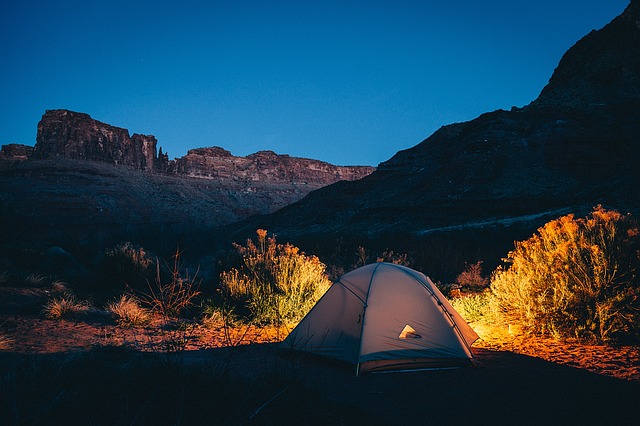
Image Source: Pixabay
Camping trips are not a one-size-fits-all experience. Whether you’re planning a camping trip for a group or are flying solo, one type of trip might be a better option than another, especially if you’re not an expert backpacker.
Generally, first-time campers should start off with something fairly simple. Look for campsites at state parks or national parks; these will often be easy to access and well-marked by government officials. Plus, you’ll be located near park rangers and other campers, which makes the experience less risky for inexperienced travelers.
You should also consider what kind of campsite you’re looking for. Do you want something with a covered area in case it rains? Do you need to be located close to a bathroom, or are you okay doing your business in the woods? What about water and electricity – are they essential? These are the questions you need to ask yourself before deciding on your dream destination for your first camping trip.
Beware of primitive campsites. These are sites that might seem marked and official, but when looking at them online, you might not realize that they don’t come with any amenities like running water, toilets, or electricity. You might even have to hike several miles from your car to reach them.
Although you are welcome to start with whatever style of campsite you’d prefer, I’d recommend going with a drive-up site that comes with food and water. This is an excellent way to learn about camping without fully committing to roughing it in the wilderness.
2. Pick a Destination, Then Research It Thoroughly
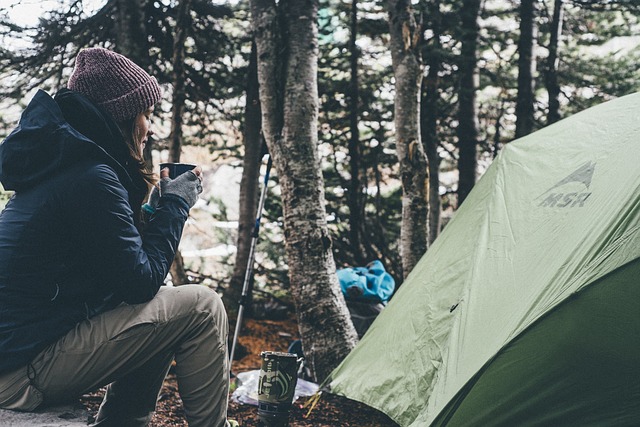
Image Source: Pixabay
Once you’ve decided what kind of camping experience you’re planning, it’s time to decide where you want to pitch your tent. Start researching campsites that are within driving distance from your home. Since this is your first time camping, it might be a good idea to stick within your state. Leave the long-distance camping trips for the future.
Select your camping destination and start reading about it as much as you can. What do online reviewers say about it? What wild animals will be nearby? Are their specific kinds of gear you need to bring, or are there things you should know about the roads? The more you do your homework on your campsite, the more prepared you’ll be when you arrive.
3. Go Shopping for Supplies
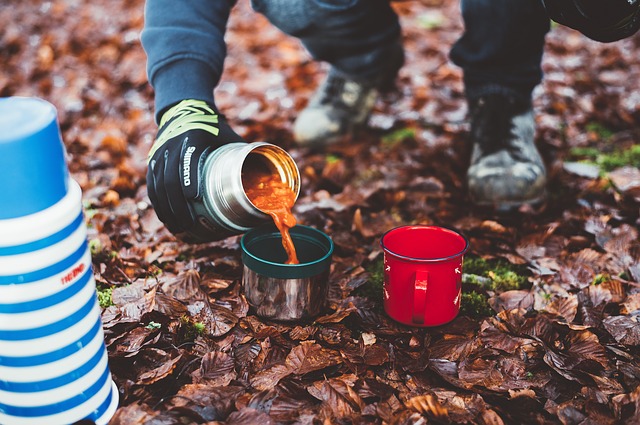
Image Source: Pixabay
Since this is your first time camping, you’ll probably need to make several trips to outdoor shops you may never have visited before. Get online and make a list of all the equipment you’ll need to purchase for your adventure. REI’s camping checklist is pretty good, so I’d recommend starting with that, then thinking about the other fun stuff you might like to buy.
Also, don’t forget to plan your meals. Grocery shopping before a camping trip is a must-do, so make a list of all the meals you plan to cook and what you’ll need to prepare them. If you must, buy a cooler to keep perishable items in good condition while you’re traveling.
4. Hope for the Best, But Plan for the Worst
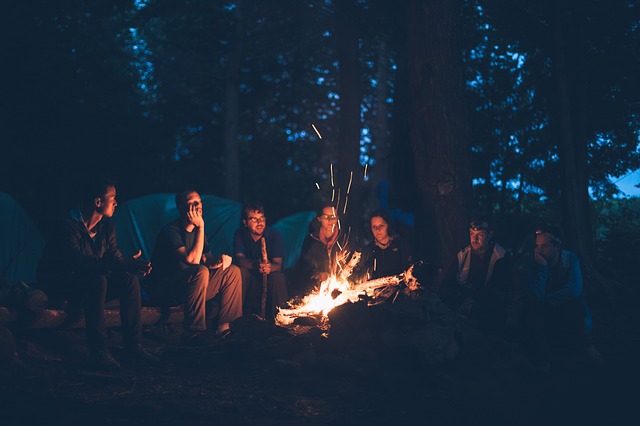
Image Source: Pixabay
This is the biggest piece of advice I’d give to any newbie camper. When you’re dealing with Mother Nature, things can (and will) go wrong. That’s why planning for disasters is 100 percent necessary. Typically, there are three kinds of scenarios that you should worry about.
The first thing to think about is the weather. What will you do if a storm rolls in during the middle of the night? Are you prepared for a cold front or super windy days? Look at the weather forecast before you go and plan accordingly. Even if the forecast calls for sunshine, have a backup plan for thunderstorms.
Second, prepare for medical concerns. After just one camping trip without a good first aid kit, I realized that it always pays to come equipped with things like bandages, Advil, and disinfectant.
Third, think about extra reserves. Things like pre-packaged food, extra water bottles, and juiced-up battery packs are extremely important. Although you only plan to camp for two days, who knows what surprises your adventure might hold? It’s better to overpack on essentials and backup items than to under pack.
5. Prepare to Truly Disengage
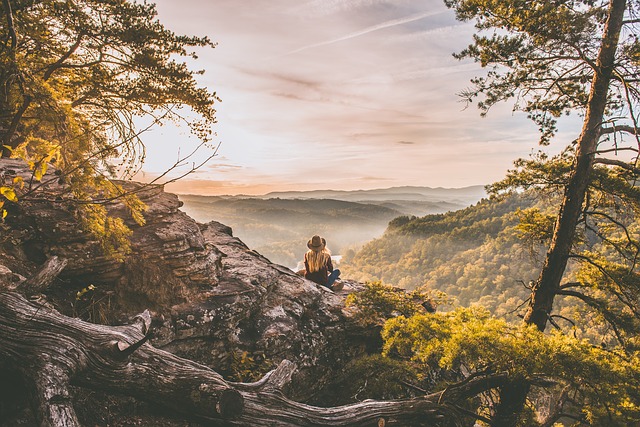
Image Source: Pixabay
The bottom line is that camping is all up to you. Packing, researching, and even surviving are all your responsibilities, and you might not have other people (in-person or on the internet) to help. Get in the mindset of disengaging from your social media and reliance on others, then think about how that will affect your trip.
The Wrap
Lastly, don’t forget to have fun! Camping can be stressful, especially when you haven’t done it before, but every part of the experience can form great memories. After all, it’s an adventure.
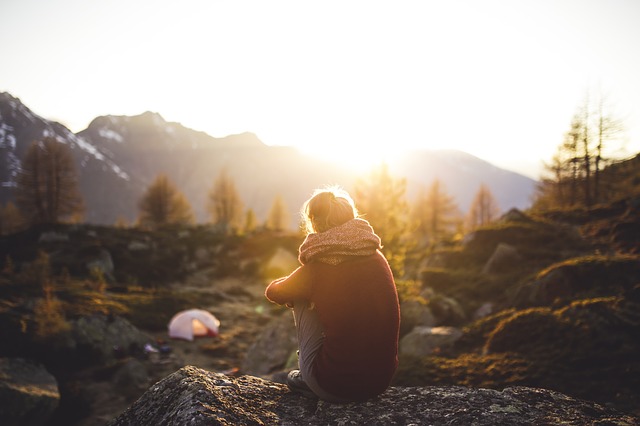




No Comments